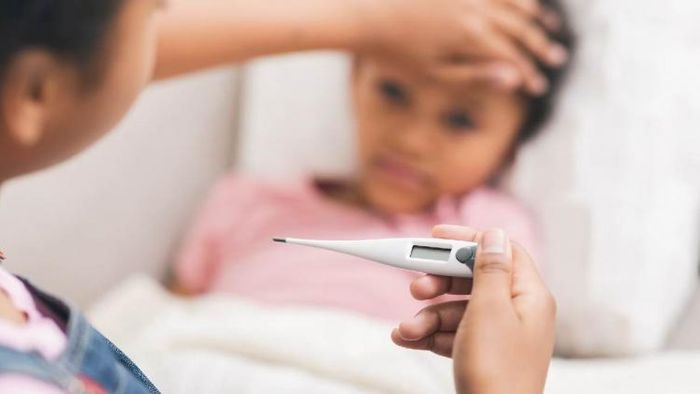World Malaria Day: Know more about causes, vaccination and prevention
In the past three decades, more than 100 malaria candidate vaccines have entered clinical trials, but none of them have yet achieved the WHO-required benchmark efficacy of 75%.

- Apr 25, 2023,
- Updated Apr 25, 2023, 11:41 AM IST
Malaria has been one of humanity’s greatest scourges for millennia, primarily killing babies and infants.
Among the Plasmodium species that infect people, P. vivax is geographically the most common in tropical and subtropical areas, whereas P. falciparum accounts for 95% of all infections and is primarily found in Africa, where it is linked to severe illness and disease-related mortality.
The lifecycle of the malaria parasite has numerous stages, making it exceedingly elusive and complex. It has proven to be extremely challenging for researchers around the world to create malaria vaccinations that are effective. In the past three decades, more than 100 malaria candidate vaccines have entered clinical trials, but none of them have yet achieved the WHO-required benchmark efficacy of 75%.
The WHO granted a historic approval for the first malaria vaccine, dubbed RTS,S, to be used in high transmission African nations last year due to the urgency of malaria control and prevention.
Indications of Malaria
Fever
Lethargy
Heaviness on the head, headache
Diarrhoea
Pain in joints and muscles
Coughing
Vomiting or/and nausea
Chills, shivers
Stomach ache
Increase in heart rate
Breathing rapidly
Prevention
How to prevent the disease?
Shield the skin: Malaria in most cases is spread through mosquito bite. To avoid this, the best solution is to keep th exposed parts of your body covered. This is highly encouraged in case you are traveling or living in a malaria-prone area.
Insect repellent: Use mosquito repellents when outdoors as it not only protect you from malaria but many other insect-related diseases such as dengue, etc. DEET, picaridin, IR3535, oil of lemon eucalyptus (OLE), para-menthane-3,8-diol (PMD), or 2-undecanone containing repellents are encouraged to protect you from malaria. However, these repellents are not advised to be used on the face or for kids under the age of 3. Please talk to your doctor for safer alternatives.
Beware of reused needles: Another transmitter of malaria is used needles. While getting an injection of any kind, always make sure the doctor/ nurse tears the needle's seal infant of you to avoid transmission of diseases. Reused needles can transmit multiple diseases into your body and hence, being careful is crucial.
Insect repellents at home/nets: Preventive measures against malaria should be taken at all times. While indoors, you are encouraged to use nets around the bed, sitting area, etc.
Repellents for clothes: As much as shielding your skin with clothes is better than direct exposure. Using repellents that are essentially applied to clothes is a helpful prevention tactic.
Treatment
Malaria can be treated and its symptoms can be sublimed through correct medication. A few of the most common medications for malaria are:
Quinine
Doxycycline
Chloroquine
Artemisinin
Mefloquine
Atovaquone